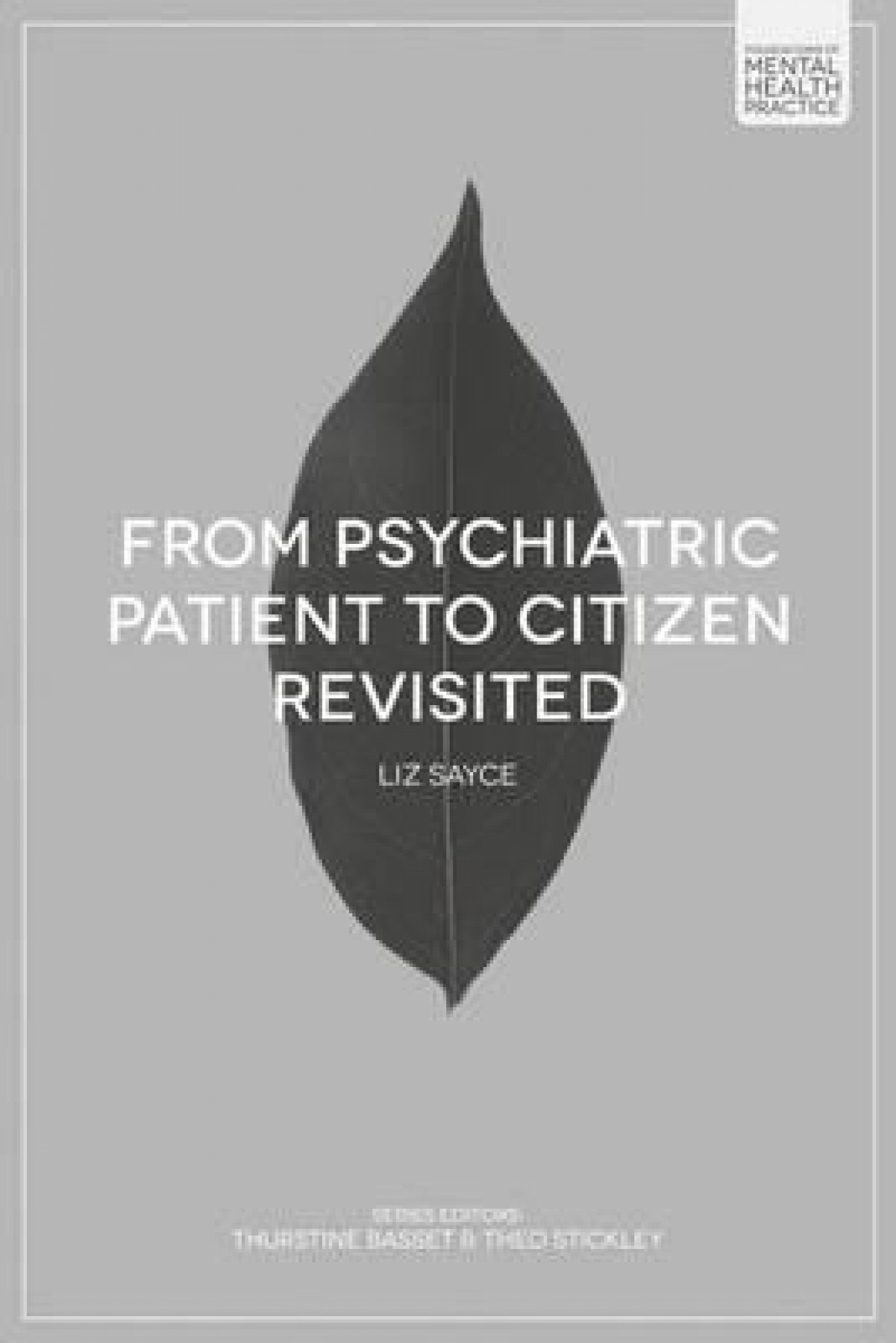The battle against mental health discrimination and stigma has come a long way in recent years, but there are still questions about how to do it effectively.
This book looks at the best ways to overcome mental health discrimination and stigma. The author, Liz Sayce, acknowledges that achieving equality and full participation is not straightforward. “I hope this book helps people debate how best to frame the questions, consider the solutions and approach the task,” Sayce says.
She is an expert in her field with over 30 years of experience. She is chief executive of Disability Rights UK and a Commissioner at the UK Commission for Employment and Skills and has personal experience with mental health issues.
A right to belong
Sayce talks about the fear and prejudice that exists against people with mental health challenges. Rates of employment and social participation remain very low. However, she remains optimistic.
“The vision is one of a shared, deep commitment to everyone’s right to participate; where people living with mental health challenges are completely confident in their right to belong; and where our common humanity is assumed by all.”
This book is part of the Foundations of Mental Health Practice series. Each chapter is clearly set out and comes with its own conclusion, a reflective exercise and list of further reading.
The reflective exercises are designed to get the reader thinking about the issue at hand. An example of one of these exercises is: “For someone experiencing mental health challenges, what may be the pros and cons of considering yourself disabled?”
Two ways to help remove discrimination
The book shows how people working in mental health can help challenge discrimination and looks at the role of friends and family and people with a legal, policy or campaigning interest.
It suggests two ways to remove discrimination. The first is by ending discriminatory mental health law. The second is by ensuring participatory rights for those affected by mental health issues, especially when it comes to things like employment, education and independent living.
Focusing mainly on the UK, the book also draws on the experiences of other countries including New Zealand and Australia.
From Psychiatric Patient to Citizen Revisited would suit academics, researchers and students. It’s very technical and dry and references a lot of research and studies, but it gives an incredible overview of mental health challenges.
Reviewed by Maggie McNaughton, writer at Healthy Communications

